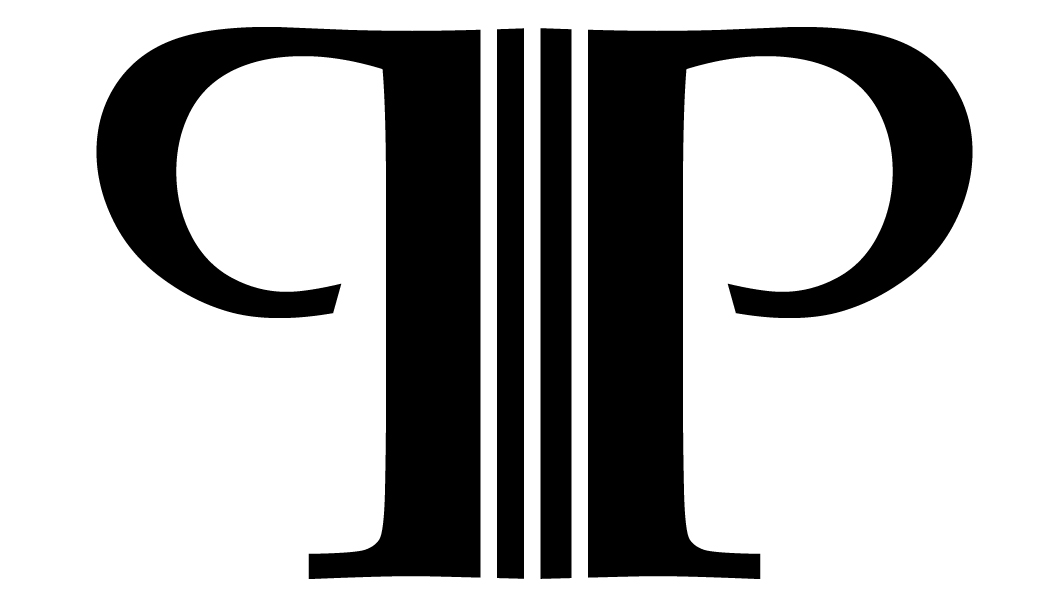In Vermont we ease out of summer about mid-August. Around August 15 you need to throw on a sweatshirt to start the day. The shadows begin to lengthen and the blue of the sky seems to get lighter. No self-respecting Vermonter would think of vacationing at the lake in mid or late August.
We cruise into fall fairly easily, enjoying the first nights of coming into the house to the warmth of the early wood stove season. But sometime in the second week of October things change and we all feel it. Maybe there is something in that colder wind coming from the north, or, perhaps it is our genetics reminding us about things that have happened for hundreds of years. We know the window is closing on the brief time between stick season and outright winter.
We get up on the days that we aren't “working” to begin working. This year new garden beds need to replace the old ones that have begun to sink into the earth. The grazing season has ended and sheep need to be moved into the upper paddock for the winter. Each time I walk outside they see me and holler their disapproval at this new arrangement. Out come socks to replace tattered flip flops and we find ourselves craving heartier foods to satisfy our constant hunger from the constant work.
I've been noticing more work from my cello students as well. On one hand, this is a good thing, on the other, it isn't. Virtual, kinda virtual, half-time, in-person..school has started again. Students who are in school are back under more pressure again. Parents who study are now having to divide their limited practice time in order to be sure that their kids are getting everything they need and verify that they are indeed wearing those dang blue computer glasses. Students who are working from home have to bend practicing and lessons around virtual conference calls, around bosses who think being home means being open for business 24/7.
Everyone is finding that they are having trouble finding time for everything. So the cello sits quiet for the first several (four seems a good round number) days post lesson. Suddenly, the student realizes that a new week has dawned, a new lesson is around the corner and begins to practice. Time is short, so instead of creating muscle memory by being on the cello daily, they are going to create a memory of something by playing for 4 hours straight on Saturday alone: “that should do it.” The reality is that the memory created is one of angst and pain. By continually practicing the entirety of the pieces over and over, everything may get somewhat better, but the trouble measures will always remain significantly behind the better measures. The term elbow grease comes to mind. In a lesson, people will look at me while struggling with a piece, and say “I played this a hundred times yesterday.. I don't understand why I can't make it work.” I'll ask gently if they used their metronome and isolated the parts that they were having trouble with, “well, no.” (they are honest at least), then I'll ask if they used a drone to tighten the intonation they are complaining about (and, by the way - that we discussed doing in the last lesson) “um..no, not this week” The reliance is then on repetition; good, bad and ugly being repeated.
Players who are struggling work the parts that they do well and make them feel good, seasoned players concentrate on the parts that they don't do well.
There is another kind of elbow grease that I've seen a lot of lately and that is actual, physical elbow grease- the push. The brain is working so hard to figure out the notes, the rhythm, and where it all goes, the physical manifestation of all that energy comes out mainly in the left hand. Most of the time people don't realize that they are exerting a lot more force than necessary to put a string down. Often this push is accompanied by a bit of a Casal grunt as well. They are going to be really sure that string goes down, and hopefully with enough push, on the correct note while they are at it. Like any physical manifestation of stress, this is difficult to correct. Unfortunately, simply telling someone “don't do that” doesn't work. This is where using a mirror is helpful. This helps people see when they are grinding their jaw, holding their breath or lifting their elbow and shoulder to emphasize the act of putting the string down. Working on repertoire and etudes that are well within or even a little below a player's ability is also helpful in encouraging relaxation when playing. This can be a real challenge with some players: even with an explanation of the importance of going backward to move forward, they don't relish what they see as a demotion.
Tension in all forms is the anti-cello.
Winter is coming, save the elbow grease for the shovel.
Melissa Perley

